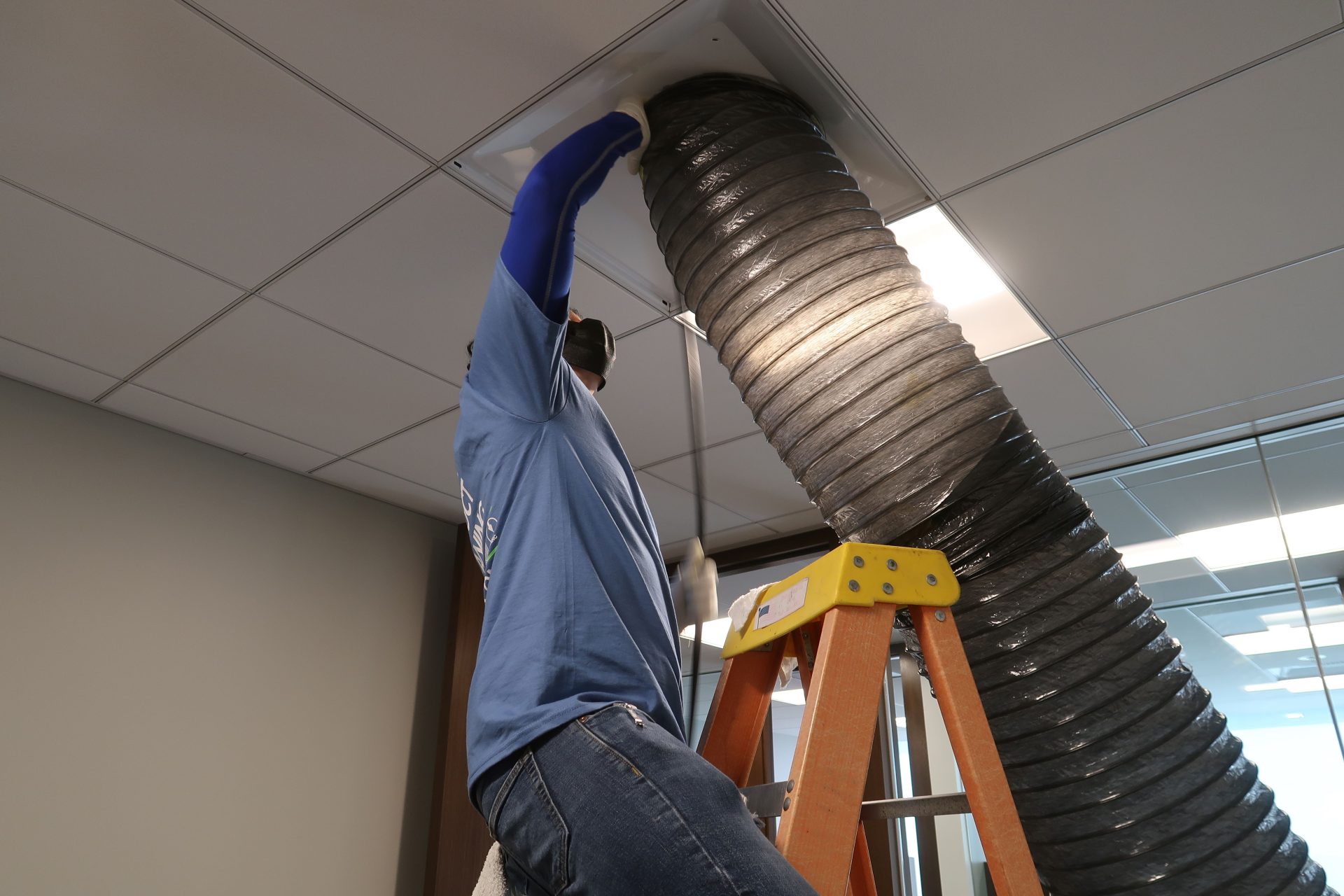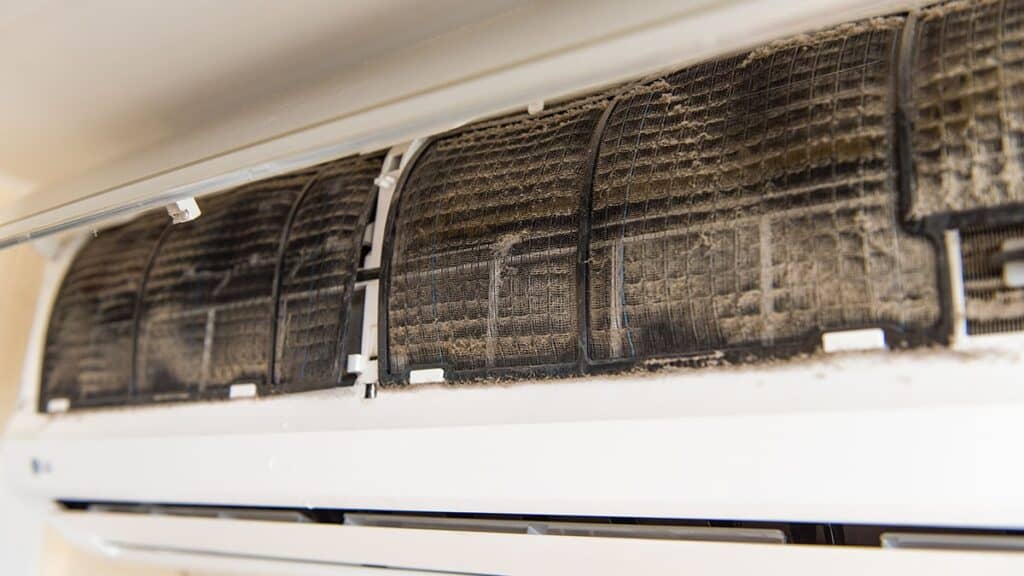In todays advancing world, the DDC or Direct Digital Control plays a crucial role in the efficiency and effectiveness of modern HVAC systems. Understanding DDC in HVAC systems is vital for homeowners and businesses aiming to enhance energy efficiency and indoor comfort.
The architecture of Direct Digital Controls facilitates more accurate and reliable control over HVAC systems compared to traditional methods. But what is DDC in HVAC, and how does it improve system performance? This article seeks to elucidate these questions, exploring the benefits and implications of integrating DDC within HVAC systems.

Understanding Direct Digital Control
DDC is essentially an automated control system that utilizes digital processors to adjust the environment of a building. It collects and analyzes real-time data from sensors, providing precise control over variables like temperature, humidity, and airflow.
History and Evolution
Historically, HVAC systems relied on analog controls, but with the invention of digital technology, more precise and sophisticated systems were developed. The evolution from analog to digital has transformed how energy use and comfort are managed in various settings.
Key Components of DDC Systems
A typical DDC system includes sensors, controllers, and operator interfaces. These components work together to maintain the desired environment while optimizing energy use.
Benefits of Implementing DDC in HVAC
Integrating Direct Digital Control in HVAC systems comes with several advantages, contributing significantly to operational efficiency and cost savings.
Energy Efficiency
One of the primary benefits of DDC is the increased energy efficiency it offers. By fine-tuning system operations, buildings can achieve substantial energy savings, aligning with sustainable practices.
Improved Indoor Air Quality
Another critical advantage is the enhancement of indoor air quality. DDC systems ensure balanced air distribution and optimal ventilation, crucial for maintaining a healthy indoor environment.
Application of DDC in Various Sectors
Given its versatility, DDC systems are applied across various industries, from residential buildings to commercial complexes and healthcare facilities.
Residential Sector
Homeowners can benefit greatly from DDC systems as they offer customizable climate control, thus providing enhanced comfort and reducing energy bills. Learn more about HVAC in home systems.
Commercial Buildings
In commercial settings, the scale of operation necessitates robust control systems. DDC provides real-time monitoring and control, optimizing energy consumption and reducing operational costs. Discover the ways to install HVAC systems in old buildings.
Industrial and Healthcare Applications
The precision offered by DDC is invaluable in industries where environmental conditions are critical. This is especially true in healthcare facilities where patient comfort and safety are paramount.
Challenges and Considerations
Despite the benefits, implementing DDC systems comes with certain challenges that need to be addressed effectively.
Costs and Complexity
The initial cost of setting up a DDC system can be substantial, and understanding the complex software and hardware it requires might be daunting for some.
Maintenance
Maintenance of DDC systems is critical to ensure longevity and efficiency, requiring trained professionals and regular updates.
The Future of DDC in HVAC
As technology evolves, the integration and capabilities of DDC systems in HVAC continue to expand, paving the way for smarter and more sustainable building management solutions.
Emerging Technologies
Innovations in AI and IoT are set to revolutionize DDC systems, enabling even more advanced data analysis and predictive maintenance capabilities.
Sustainability
As the world shifts towards sustainable practices, DDC systems will play a pivotal role in helping buildings achieve net-zero energy consumption.

FAQs
What are the primary components of a DDC system?
DDC systems primarily include sensors, controllers, and user interfaces necessary for operation and monitoring.
How does DDC reduce energy consumption?
By optimizing system performance and reducing wastage, DDC systems significantly cut down energy use.
Can DDC systems be integrated with existing HVAC systems?
Yes, many DDC systems can be retrofitted to existing HVAC systems, enhancing their capabilities without starting from scratch.
For comprehensive insights into quality HVAC solutions, consider visiting EPA’s guide on HVAC systems.
This article contains affiliate links. We may earn a commission at no extra cost to you.






